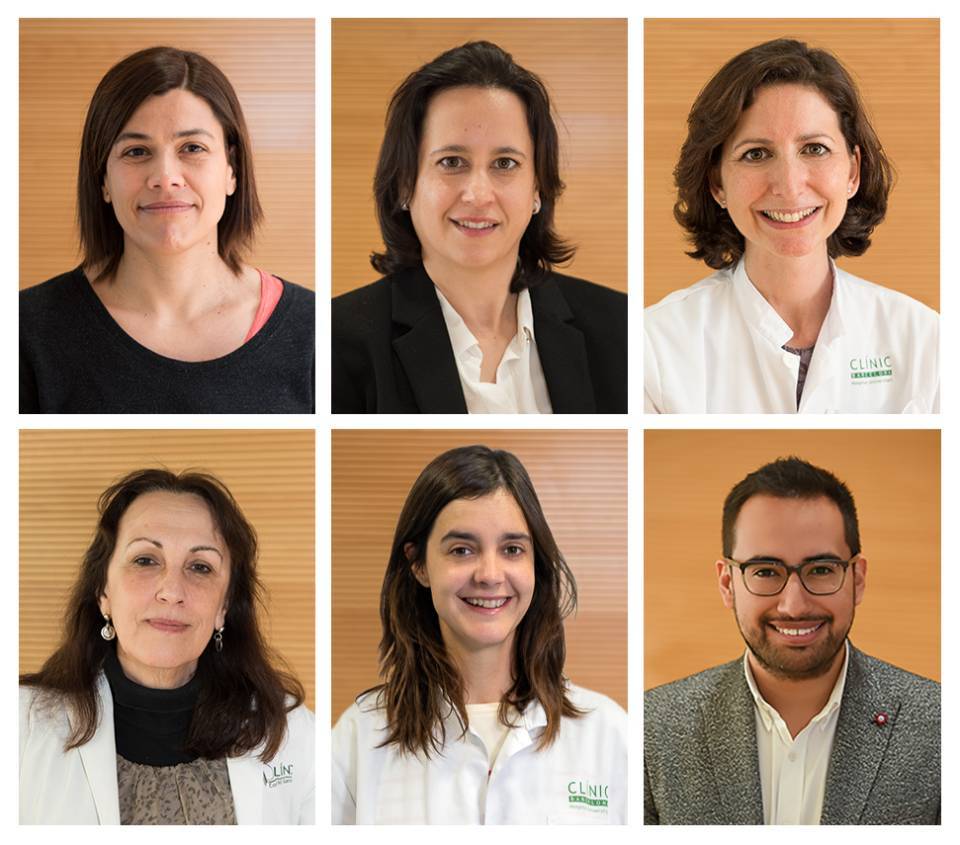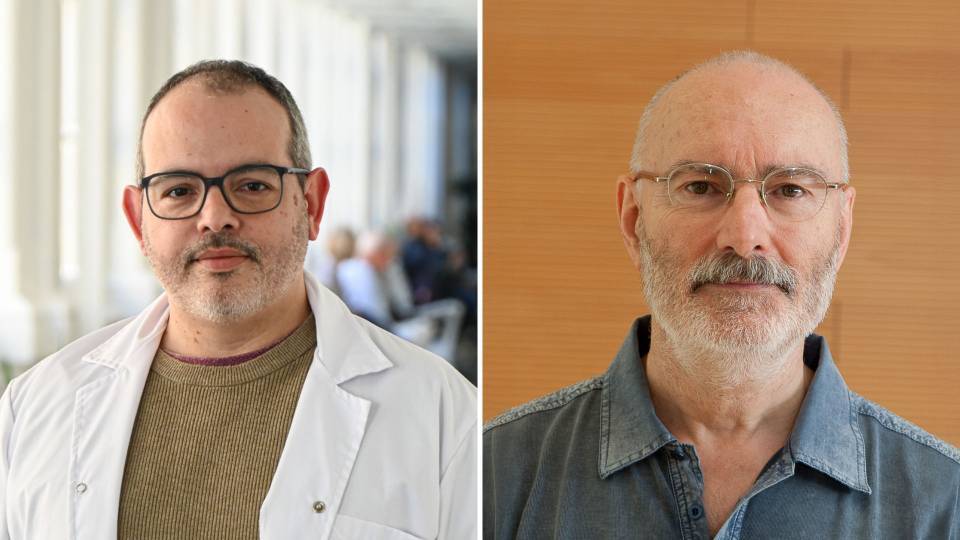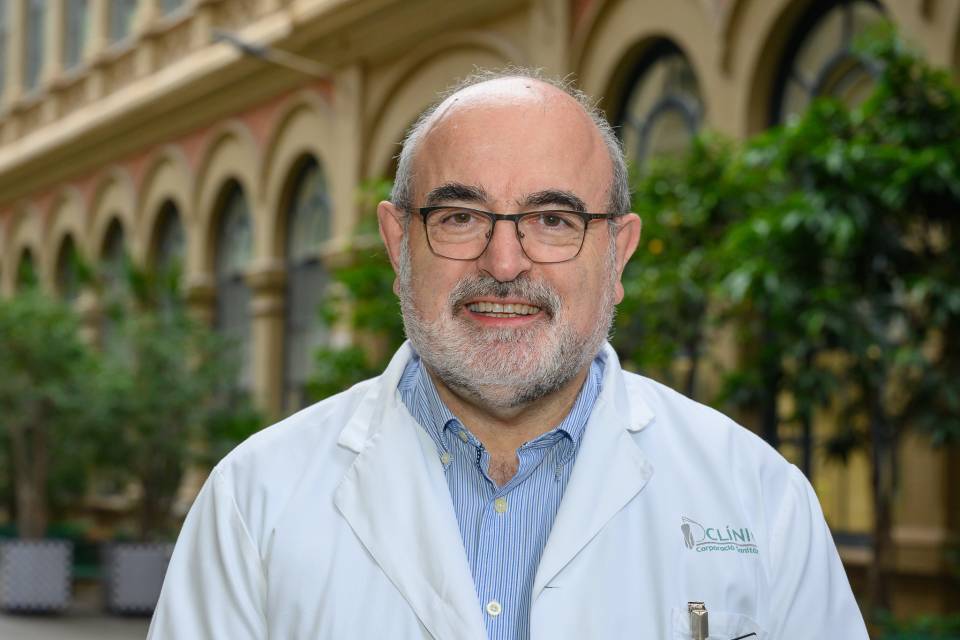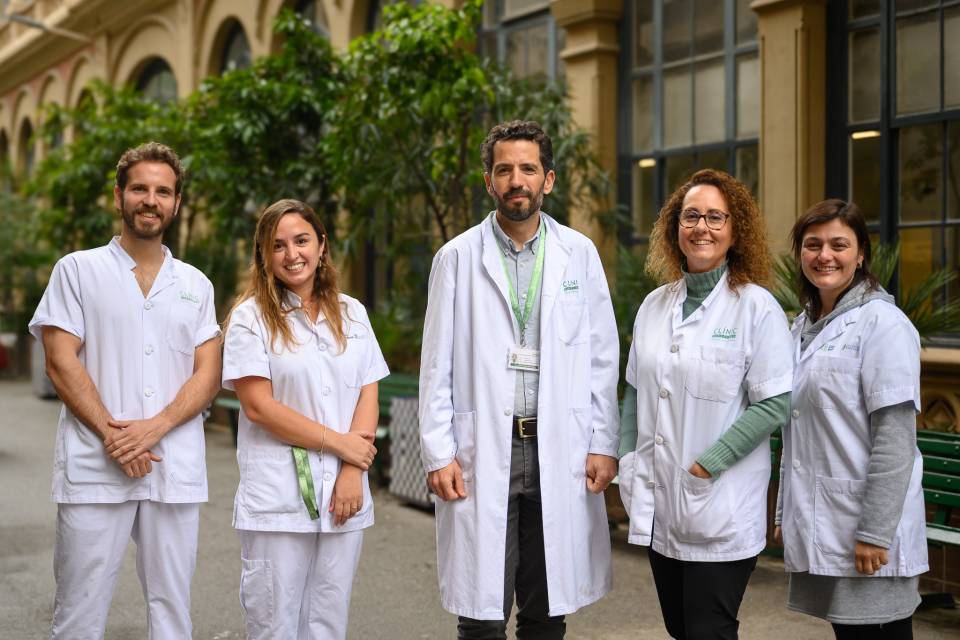Professionals who carry out both patient care and research play an essential role in transforming the results of biomedical research into treatments and technologies that can be applied to clinical practice. This figure, known as a clinician-scientist, is, however, increasingly hard to find in research centers. There are many reasons for this. From the growing pressure of patient care, which curtails dedication to research, to the increasingly demanding nature of a career in research, where professional progress is highly competitive.
“At IDIBAPS, we understand the importance of clinician-scientists to translational research. We understand that they need to be encouraged and nurtured. This is why we have specific programs for these professionals”, says Gemma Llaverias, head of Scientific Coordination at IDIBAPS.
The IDIBAPS-Fundació Clínic career in research
An attractive and efficient research career requires conditions including well-defined positions, as well as clear professional perspectives, good funding, and tools to support professional development. As indicated in the European guidelines, since 2014, IDIBAPS-Fundació Clínic’ has had a strategy for its research career that establishes four main categories of researcher: R1, predoctoral researchers, R2, postdoctoral researchers, R3, established researchers, and R4, group leaders.
“Each of these four categories contains a special professional pathway for clinician-scientists, in parallel to that of researchers who are fully dedicated to research”, says Llaverias. “For example, at the predoctoral stage, there are specific contracts, such as the ‘Río Hortega’ contracts offered by the Carlos III Institute of Health, to allow clinical personnel to carry out intensive research for 2 years when they finish their residency”.
50/50 and 80/20 programs
The first program to be implemented at IDIBAPS, 10 years ago now, was the 50/50 program. The goal is to allow young, consolidated specialist physicians from Hospital Clínic to dedicate 50% of their working day to research and the other half to patient care. “Combining research with patient care is a key aspect of the program that makes it possible to develop an area of clinical research focused on the needs of the patients”, says Sara Llufriu, head of the IDIBAPS group Advanced imaging in neuroimmunologic diseases (ImaginEM) and a beneficiary of the 50/50 program. This opinion is shared by Gisela Sugranyes, also a beneficiary of the program, and leader of the IDIBAPS group Multimodal neuroimaging in recent-onset and high-risk psychosis. “Having this protected time to dedicate to research, without losing contact with the patient, helps to identify scientific questions relevant to clinical practice and to keep in mind bringing back the results to the clinical consulting room or the hospital bed”.
For both researchers, taking part in the 50/50 program made it possible for them to form their own research groups and to consolidate their careers in research. Mariona Cid, however, was already leading the group Systemic vasculitis when she joined the IDIBAPS 80/20 program. The 80/20 program began in 2013 and provides consolidated clinician-scientists with the opportunity to dedicate 80% of their time to research for 3 years, which can be extended to a total of 5 years. The program works by intensifying research activity. That is, in order to release the physician from part of their patient-care tasks, IDIBAPS hires a person to attend the patients in their place. This means that the clinician-scientist can dedicate that time to research. “I applied to the program with very specific goals. Not just scientific goals of increasing the number and quality of publications or international collaborations, but also strategic goals, such as incorporating new technologies in the institute, obtaining contracts with companies, and preparing the new generation of researchers to ensure the succession from one generation to the next. And I was able to achieve them!”
Llufriu, Sugranyes, and Cid are notable for their motivation and interest and the quality of their research. The road, however, has not been easy, as both research and patient care require a lot of time and resources. “It is not just about designing and carrying out project but also about getting funding and establishing collaboration networks. Without the program, it would have been difficult to combine my personal and professional life, as the time I would have been dedicating to research would have to have been outside my working day”, points out Llufriu. “While Hospital Clínic is a favorable environment for excellence in research, the 50/50 program has allowed me to follow a career as a researcher in a different way than if I had not taken part in it, by giving me the time and resources that I would not otherwise have had”, adds Sugranyes. “I am very grateful to the 80/20 program. My career as a clinician-scientist is the result of a very strong personal commitment, an innate attraction to understanding to biologic and molecular roots of diseases, and a very big personal sacrifice. Also, years ago, life sprung the surprise of a long and severe illness. The fact that I was able to make a comeback in these adverse circumstances was thanks to the inestimable help of the 80/20 program at that time”, concludes Cid.
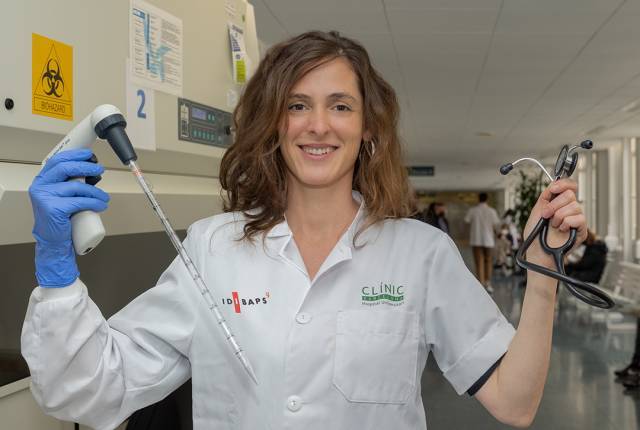
Collaborative research program for physicians (PhD4MD)
Between 2015 and 2018, IDIBAPS, together with the Vall d’Hebron Biomedical Research Institute (VHIR), the Centre for Genomic Regulation (CRG) and the Barcelona Biomedical Research Institute (IRB), obtained 4 calls for a predoctoral training program of its own for clinical professionals, called PhD4MD.
The program provides specialist physicians with the opportunity to work on a collaborative project with a basic-research group from CRG or IRB and a translational-research group from IDIBAPS or VHIR. “I have always been interested in acquiring knowledge, beyond clinical practice, on how cells work and the processes triggered by diseases, and the PhD4MD program seemed like a good opportunity to achieve that goal”, says Irene López Oreja, a specialist physician at the Hematopathology Unit of the Pathological Anatomy Service of the Hospital Clinic and a beneficiary of the PhD4MD program. López Oreja’s doctoral theses was jointly supervised by Juan Valcárcel, leader of the CRG group Regulation of the alternative splicing of pre-mRNA during cell differentiation, development and disease, and Dolors Colomer, head of the IDIBAPS group Experimental therapies in lymphoid tumors.
“The research of the Hospital Clínic-IDIBAPS group has a much more translational aspect, applied to therapies for chronic lymphocytic leukemia. The CRG group, on the other hand, focuses on the study of alternative splicing, a process that takes place during the maturation of messenger RNA”, explains López Oreja. “Nevertheless, the interaction between the two laboratories and the combination of their experience was key to the success of the project for my doctoral thesis. It was a project that neither of the two teams alone could have carried out”.
Moreover, the researcher points out that, thanks to the PhD4MD program, she has the necessary knowledge for understanding the concepts involved in both basic research and clinical practice. “We often find a certain disconnect between the two areas, which can make collaboration and dialog difficult. This is why it is essential to have a figure who understands both languages and can act as a liaison, although this is not always an easy task”.
López Oreja is currently working full-time in patient care. Her intention, however, for the near future, is to work in both clinical practice and research.
Biomedicine international training research programme for excellent clinician-scientists (BITRECS)
With the aim of providing continuity for the figure of the clinician-scientist after the PhD, in 2017, IDIBAPS began the BITRECS program, jointly funded with European funds and funds from the La Caixa Foundation. For three years, exclusive dedication to research allows beneficiaries to continue to train and progress in their research career.
“Forming part of the BITRECS program has allowed me to improve my skills in the laboratory while stimulating my critical thinking and has encouraged me to grow as a translational researcher. This growth is reflected in the scientific publications deriving from my work and the expansion of my network of contacts with other institutions”, says Gerardo Rodríguez-Lobato, a specialist physician at the Hospital Clínic Clinical Institute of Hematologic and Oncologic Diseases and beneficiary of the BITRECS program until December 2021.
The postdoctoral research of Rodríguez-Lobato focused on studying chimeric antigen receptor T (CAR-T) cells in multiple myeloma. The researcher was part of the IDIBAPS group Myeloma, amyloidosis, macroglobulinemia, and other gammopathies, under the direction of Carlos Fernández de Larrea, but also spent time as a researcher at the University of Würzburg to complete his training. ”Spending a year in Germany was very enriching on a professional level but especially so on a personal level, as it allowed me to learn about another culture, language, traditions and customs”.
Rodríguez-Lobato highlights the laboratory work as a factor that changed how he saw medicine and technological development. “Medical training provides very few opportunities to gain a more thorough understanding of the world of research. Nevertheless, the interrelation between science and clinical is essential to resolving queries that arise in the consulting room or in the hospital, so that the solutions reach the patient as quickly as possible. In this regard, I have a very high opinion of the BITRECS program”, he stresses. “In this way, although I am currently in a patient-care role at the Hematology Department of Hospital Clínic, I continue collaborating with Fernández de Larrea’s group to develop new therapies for myeloma based on CAR-T cells”.
This content has been writen with the support of the Spanish Foundation for Science and Technology (FECYT).

